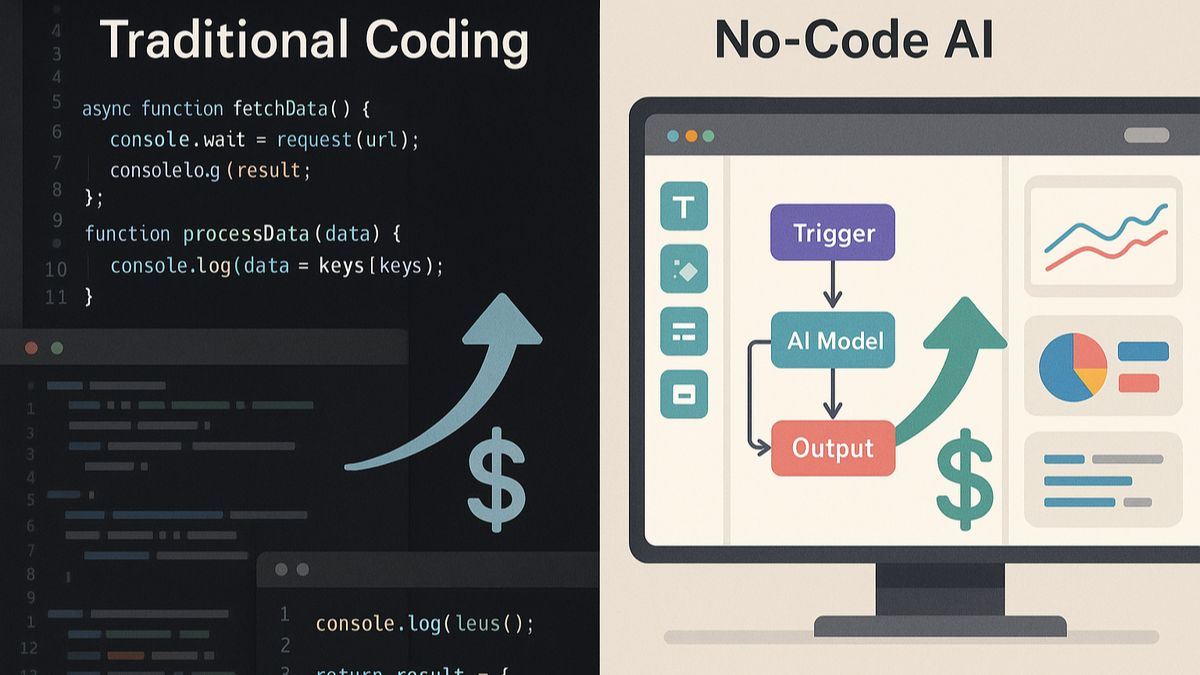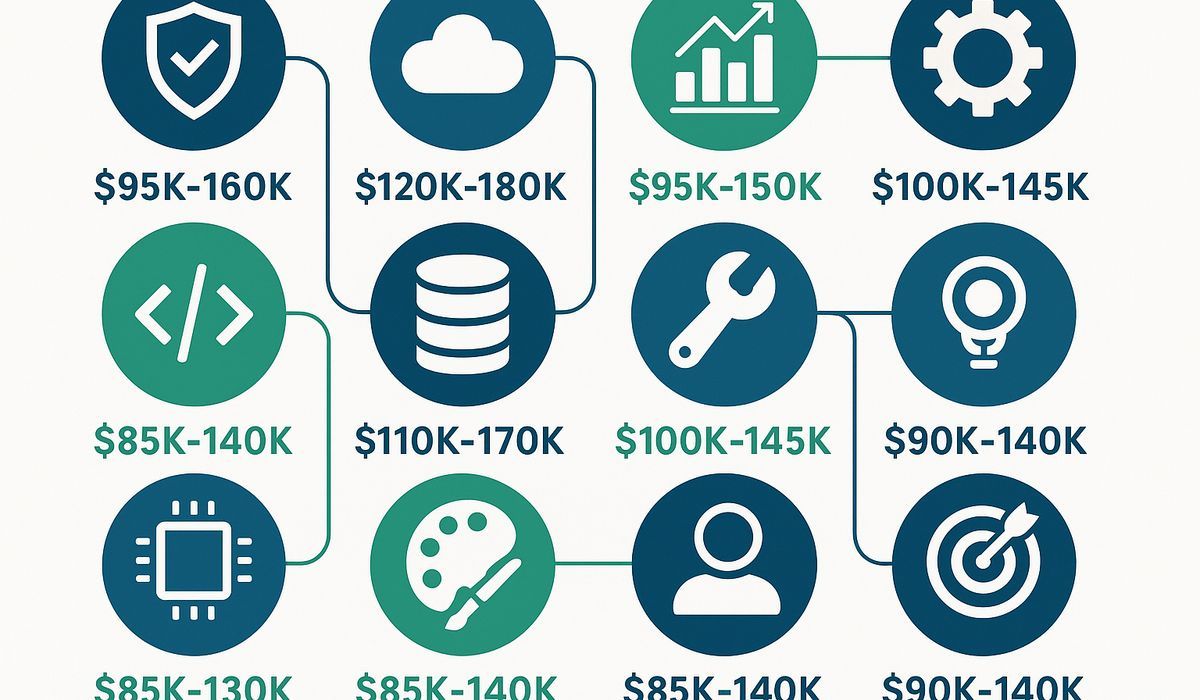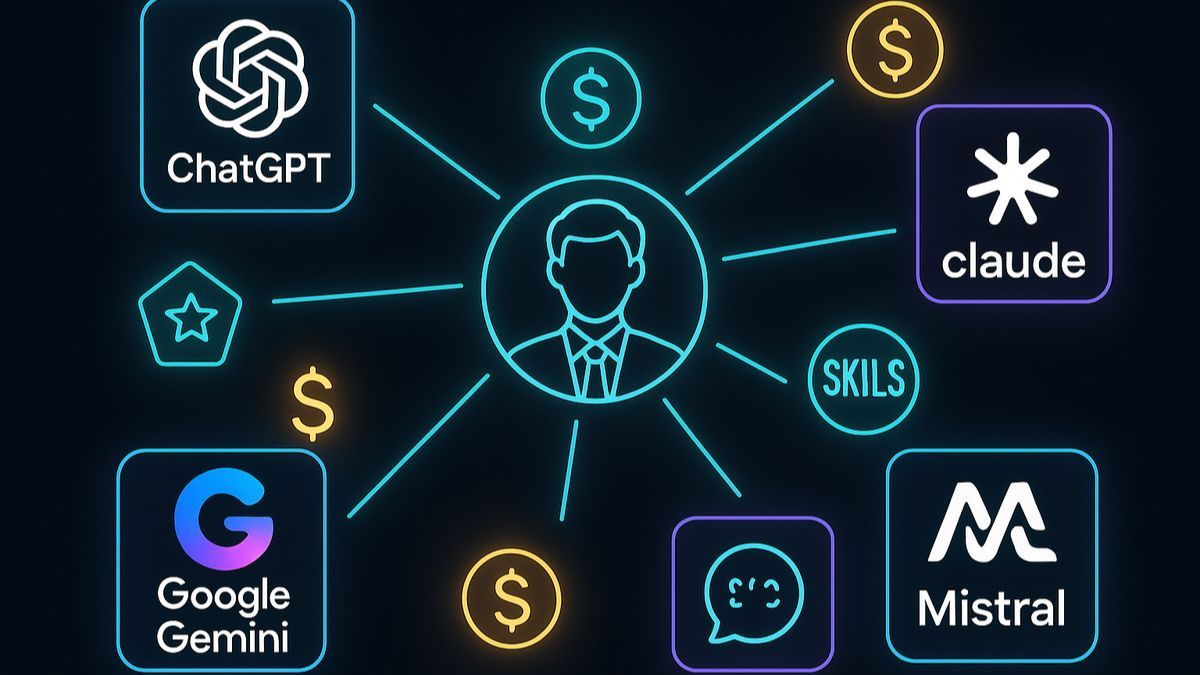Top Skills You Need to Succeed in the UAE Job Market 2025-26
Skills You Need to Succeed in the UAE: The United Arab Emirates is rapidly transitioning into a knowledge‑based economy. Non‑oil sectors now make up nearly three‑quarters of the nation’s GDP, and government strategies like “We the UAE 2031” and ambitious AI initiatives show how quickly priorities are changing. To thrive, professionals must master the UAE job market skills that employers need today. This guide highlights the most important skills for 2025–26 and explains how to develop them.
Top Skills You Need to Succeed in the UAE Job Market 2025-26
Why the job market is changing
Skills You Need to Succeed in the UAE: Economic diversification is pushing the country beyond hydrocarbons into trade, tourism, finance and technology. Government investments in smart cities, renewable energy, healthcare and advanced manufacturing, along with a US$100 billion AI fund, are reshaping labour demand. AI job listings have surged, and companies increasingly value hands‑on expertise over formal degrees.
Essential skills for 2025–26
1. Technology, AI and data
Skills You Need to Succeed in the UAE: The UAE aims to be a global AI hub. Employers need programmers versed in machine learning, natural‑language processing and algorithmic ethics, along with data scientists proficient in Python, SQL and visualisation. Government digital initiatives and rising cyberthreats mean cybersecurity specialists who can design secure networks are equally vital. Jobs in the UAE.
2. Green energy and sustainability
Skills You Need to Succeed in the UAE: With its Green Agenda, the UAE plans to triple renewable energy capacity by 2030. Projects like Masdar City require engineers who can design and maintain solar and wind systems, sustainability specialists who conduct life‑cycle assessments and project managers experienced in green initiatives.
3. Healthcare and life sciences
Health care is central to the National Strategy for Wellbeing 2031. Beyond doctors and nurses, employers seek professionals skilled in telemedicine, digital health, pharmaceutical manufacturing and health informatics; understanding AI‑powered diagnostics is a plus.
4. Advanced manufacturing and aerospace
Skills You Need to Succeed in the UAE: Operation 300bn aims to expand manufacturing output to AED 300 billion. This creates demand for robotics, automation and additive‑manufacturing expertise. Engineers should understand industrial IoT, lean processes and 3D printing, particularly for aerospace or defence components. Demand in dubai.
5. Infrastructure and civil engineering
Skills You Need to Succeed in the UAE: Massive infrastructure spending ranging from high‑speed rail to smart cities means civil engineers with expertise in project planning, rail design and sustainable construction are crucial. Environmental specialists who ensure projects meet green standards will also be in demand. Tech skills dubai employers.
AI in recruitment and the shift to skills
Skills You Need to Succeed in the UAE: Artificial intelligence is not just creating new roles; it is changing how companies hire. AI‑enabled platforms dramatically reduce hiring time and cost, prompting employers to value practical capabilities over formal degrees. Building a portfolio of projects, certifications and micro‑credentials will help you showcase your UAE job market skills.
How to develop these skills
• Invest in targeted training. Enrol in short courses or certifications in AI, data science, renewable energy or healthcare technologies.
• Get hands‑on experience. Take on cross‑functional projects, internships or freelance assignments to apply your knowledge and build a portfolio of achievements.
• Connect and stay informed. Network with mentors and attend industry events to learn which UAE job market skills employers value most.
Check out Mahad Manpower’s UAE job market forecast and our guide to ethical AI in recruitment for more insights.
Conclusion
Skills You Need to Succeed in the UAE: The UAE’s ambitious plans are transforming its labour market. To succeed in 2025–26 you need a mix of technical knowledge, green awareness, healthcare literacy, manufacturing expertise and infrastructure skills. Continuous learning and adaptability will help you stand out as AI‑driven hiring focuses on demonstrable abilities over credentials.





 1. AI Prompt Engineer (No-Code Specialist)
1. AI Prompt Engineer (No-Code Specialist)
 Your Survival Strategy
Your Survival Strategy
 1. Cybersecurity Specialist- $85,000-$140,000
1. Cybersecurity Specialist- $85,000-$140,000
 Day 1: Master Prompt Engineering (2-3 hours)
Day 1: Master Prompt Engineering (2-3 hours)